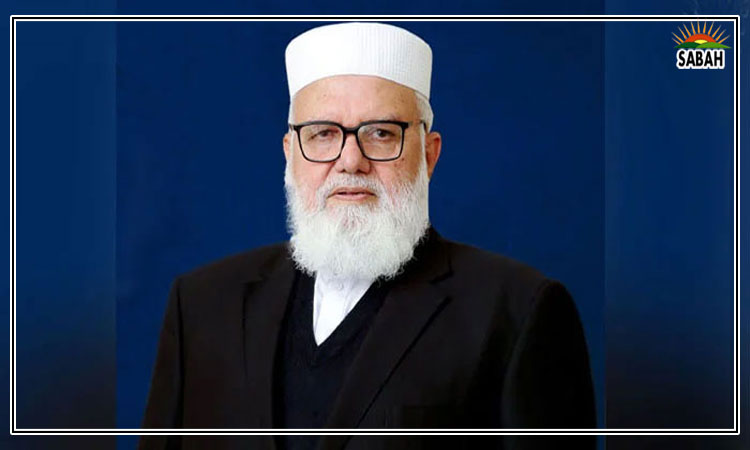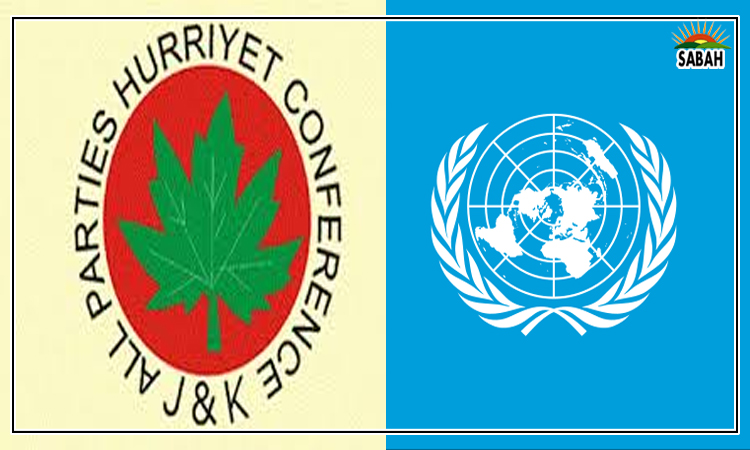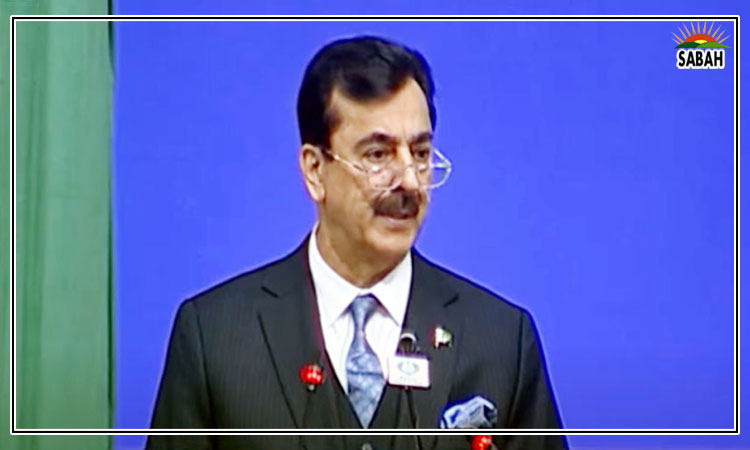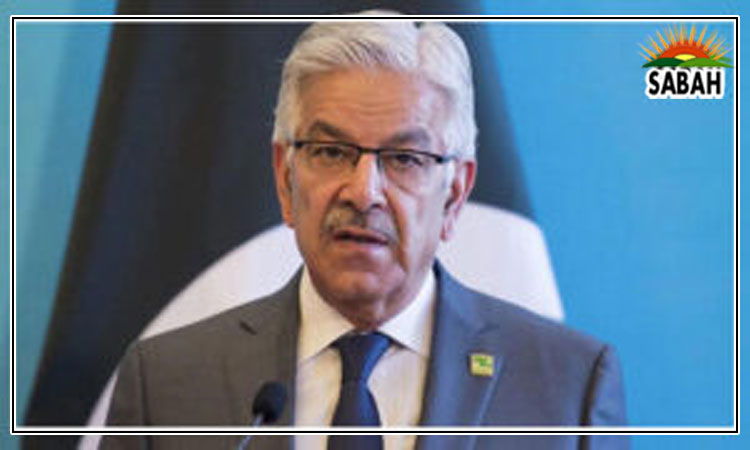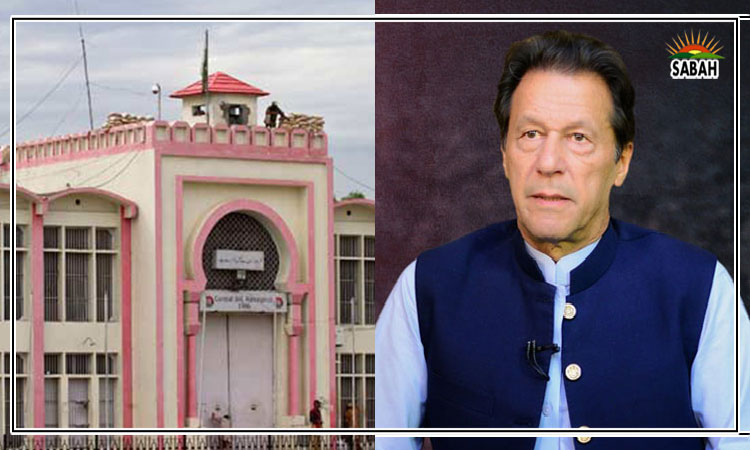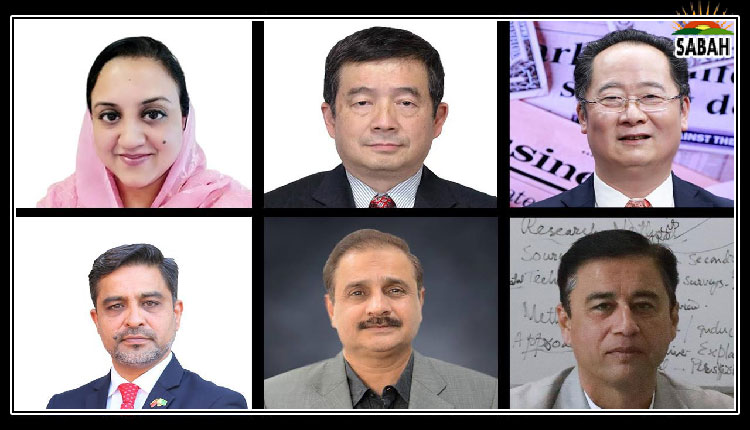There is a pressing need for collaboration & cooperation b/w US & China to tackle emerging global challenges, including traditional & nontraditional security threats: Experts
ISLAMABAD, July 07 (SABAH): There is a pressing need for collaboration and cooperation between the United States and China to tackle emerging global challenges, including traditional and nontraditional security threats. Speakers and experts emphasized the critical importance of building bridges and fostering dialogue between these two influential nations to address the complex issues facing the world today.
It is stressed that in an increasingly interconnected world, collaboration and joint efforts between the two nations are paramount to effectively tackle complex global issues such as climate change, public health crises, technological advancements, and economic stability. There is a shared belief that bridging the divide and forging strong cooperation between the US and China is not only beneficial for both nations but essential for the collective well-being of the international community.
Speakers echoed these sentiments at the highly anticipated webinar “China-US Relations: Emerging Trends and Future Perspectives,” organized by the Centre for BRI and China Studies at the Institute of Peace and Diplomatic Studies. Distinguished academics and experts from China and Pakistan shared their views and understandings about the ongoing challenges in US-China relations. During this webinar, speakers shared an in-depth analysis of the latest developments in US-China relations.
Dr. Farhat Asif, Founder and President Institute of Peace and Diplomatic Studies, in her opening remarks, shared the reason for hosting this important webinar and shared the vision and mission of the Centre and Institute. She said that in these times when the lines are blurred, there is a need to indulge in a dialogue to understand the ongoing Us-China relations.
Prof Cheng Xizhong, Senior Fellow of the Charhar Institute, Visiting Professor at Southwest University of Political Science and Law, and Director of the Chinese Association for South Asian Studies, explained China’s firm stance on the issues and challenges between US and China, especially the growing military provocation from the US in the region. He said there is a need to uplift the sense of mutual respect, win-win cooperation, and peaceful co-existence as pre-conditions for US-China cooperation.
Dr. Munawar Hussain, Assistant Professor, Area Study Centre for Africa, North, and South America, Quaid I Azam University Islamabad, adopted an academic stance of expressing insights by comparative analysis of the work of Chinese and American scholars. He said there is a need for collaboration between the two most important countries on global issues, including climate change and pandemics, among others while expressing his utmost satisfaction over the positive development of the relations between the two nations through the exchange of visits and prioritizing discussions over war.
Prof. Zhou Rong, Senior Fellow of Chongyang Institute for Financial Study of Renmin University, China, highlighted that owing to the economic interdependence between China and US, war is unlikely between the two nations but the prospects for a cold war are high. He has further enlightened the participants with the fact that the US-China decoupling is not of a traditional economy but of a neo-economy based on technology.
Dr. Tahir Mumtaz Awan, Director at China Study Centre, COMSATS University in Islamabad, explained the difference between US-China world views and said as a result of the ongoing tensions and challenges. He said that China has made its global contribution to development through various initiatives and has always refrained from interfering in the internal matters of other countries. He also alluded to the positive role that Pakistan can play regarding US-China relations.
Dr. Rashid Aftab, Director of Riphah Institute of Public Policy, delivered his concluding remarks and said that there is a strong need for the US and China to adopt policies of cooperation instead of confrontation. A large number of participants including academics, diplomats, students and faculty members attended this discussion and gained a wealth of knowledge and insight.


